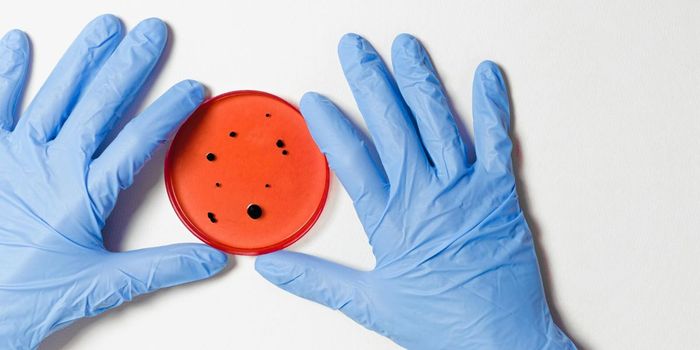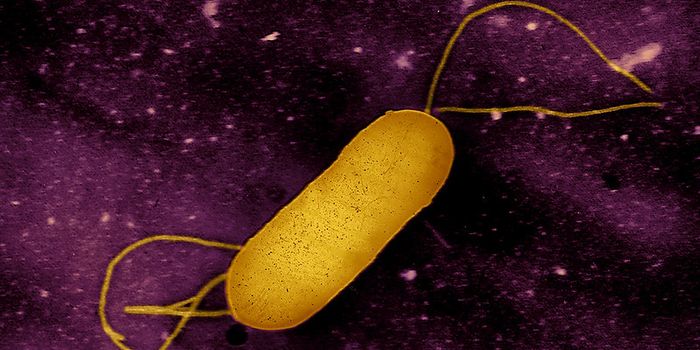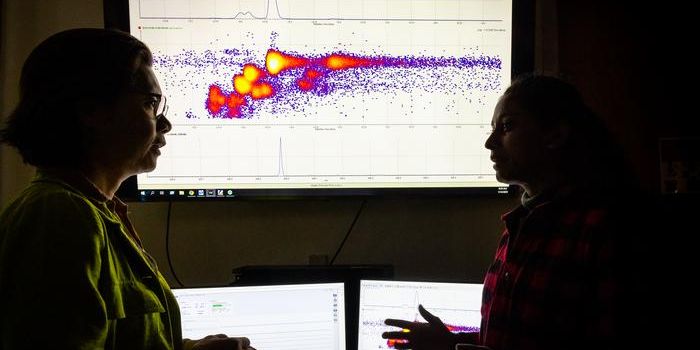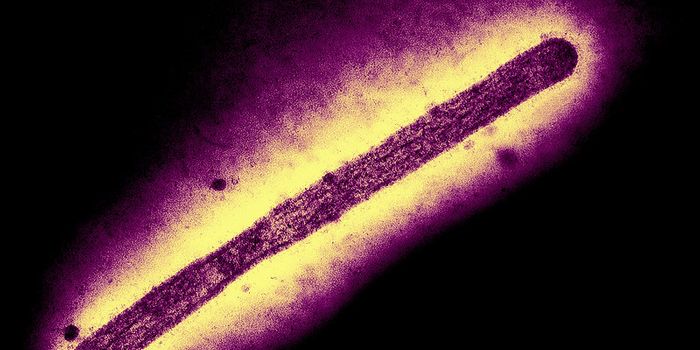Mothers Transmit Microbes to Newborns, Regardless of Birth Mode
The microbiome is known to have a profound influence on human health and well-being. Research has shown that the development of the microbiome begins as soon as humans are born, or possibly even earlier. As such, there has been interest in determining whether the way infants are born has an influence on the transmission of microbes from mothers to newborns. New research has indicated that babies born via cesarean section are not missing out on important microbes because of the way they are born. It seems that mothers can still share microbes with newborns in different ways, such as through breastfeeding. The findings have been reported in Cell Host & Microbe.
In this study, the researchers followed 120 Dutch mothers before and after they gave birth. Samples of breastmilk and swabs of the nose, throat, vaginal, and gut microbiomes (with fecal samples) were taken. The investigators also took samples of the skin, saliva, nose, and gut microbiomes from the infants two hours after birth, and again at one day, one week, two weeks, and one month old. The researchers also considered factors such as whether antibiotics were used, and the mode of birth.
"We wanted to have a better idea of how the infant microbiome develops in different parts of their bodies and how it's influenced by factors such as birth mode, antibiotic use, and lack of breastfeeding," said senior study author Wouter de Steenhuijsen Piters, a physician and data scientist at the University Medical Center Utrecht.
Although some transmission pathways are blocked in some mother-infant relationships for some reason, microbes can still move to the infant through unblocked routes, added de Steenhuijsen Piters.
About 58.5 percent of a baby's microbiome comes from its mother, regardless of birth mode. Different parts of the maternal microbiome can also contribute to the infant microbiome. Babies born via cesarean get fewer maternal microbes from the vaginal and fecal microbiomes compared to vaginal births, while C-section babies seem to compensate by getting more microbes from breastmilk.
"Microbiome transfer and development are so important that evolution has ensured that those microbes are transferred one or another way from mother to child," said first study author Debby Bogaert, a physician scientist at the University of Edinburgh. "Breastfeeding becomes even more important for children born by cesarean section who do not receive gut and vaginal microbes from their mom."
This "smart system" makes evolutionary sense, added de Steenhuijsen Piters.
The researchers want to know how factors other than maternal microbiomes can affect the development of the infant microbiome. While about 60 percent of the total infant microbiome can be traced to the mother, the origins of the other 40 percent remain a mystery. Other influences such as fathers, siblings, or the environment may be relevant, suggested de Steenhuijsen Piters.
The team also wants to understand how the infant microbiome affects health over the long-term, how it may affect the response to infection, or relate to allergies and asthma, added Bogaert.
Sources: Cell Press, Cell Host & Microbe









